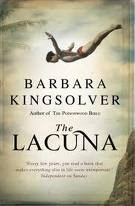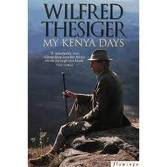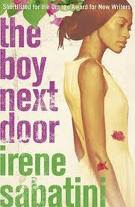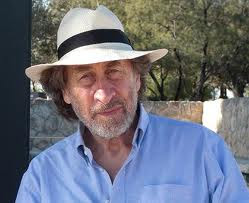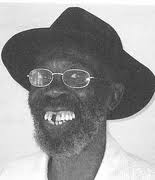
I was obsessed with this movie as a teenager: I used to watch it over and over again. I found this copy of the book in my parents’ bookcase: a charming old hardback, printed 1951, with thin pages and small type, and none of these frills like author bios or blank pages at the beginning or end. Awesome. I was about to go on very long flight, and I knew it would be my friend. AND OH GOD. Was it. This book is the ultimate page turner.
For those of you who have been living under a rock since you were born, here is the plot:
Scarlett O’Hara is a beautiful southern belle, chased by all the boys, except the one she really wants: Ashley Wilkes, a dreamy gentleman to whom she is completely unsuited. The Civil War ensues, and in a suitably panaromic and dramatic fashion throws something of a spanner into all sorts of plans, including the romantic; and Scarlett does not have time to chase beaux, what with nursing dying Confederates, fighting her way through the siege of Atlanta, and eventually running her family’s ransacked plantation on her own, picking cotton, fighting carpetbaggers and so forth.
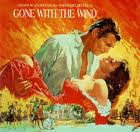
She has always been a practical, opportunistic woman, but after the War becomes even more so, convinced that money and security are more important than any conception of honour or history. Throughout all this epic drama she has been assisted by the dashing Rhett Butler, who she eventually marries. It is painfully apparent to us (especially those of us who were obsessed in their adolescence) that of COURSE Rhett loves her and of COURSE they are perfect for each other; but she is too obsessed with Ashely to see it. Eventually she realises in the second to last chapter the error of her ways, and that of course Rhett is the man for her! Hurray! But WATCH OUT MARGARET MITCHELL IS ONLY MESSING WITH YOUR MIND because the book ends with Rhett leaving her, saying it is too late, and he is too tired to start again.
In short, I did not go to bed till like 2am last night.
So on the plus side: what an page turner, what an epic! Also, what a feminist! I seriously cannot believe it was published in 1936. Scarlett is so unapologetic about not being feminine, and Mitchell is so unapologetic for her. She is a businesswoman, and a battler. She is completely uninterested in her children (brilliantly, “Death and taxes and childbirth! There’s never any convenient time for any of them.”), in a way that I think even a contemporary author would hesitate with. I was not surprised at all to learn that Mitchell’s mother was a suffragist.
On the negative side: it is in some ways really, really racist. “The darkies are so stupid,” is a sample. There’s several lines like that that stop the page turning, and no two ways about it, it’s not nice. On the other hand, there are lots of fully realized, and within this author’s world view, very positive presentations of individual black people. One is ‘Mammy,’ O’Hara’s nursemaid, which is clearly a stereotyped role.
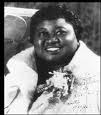
In the movie the part was played by Hattie McDaniel, who won the first Oscar ever given to an African-American for the part (look here for her stylish acceptance speech; try not to compare with Halle Berry). She was criticized for playing a stereotype, and replied, pithily, “I’d rather play a maid for $700 a week than be one for $7”. She was the daughter of freed slaves, so presumably she had a fairly intimate perspective on the matter.
There are also several plot strands dealing with slaves who were unhappy in freedom, which is interesting, and not a perspective you often hear; and several strands dealing with Northerners who were far more unpleasant to, and dismissive of, individual black people than the former slave owners. Suggesting I suppose the uncomfortable truth that it’s not all black and white.


